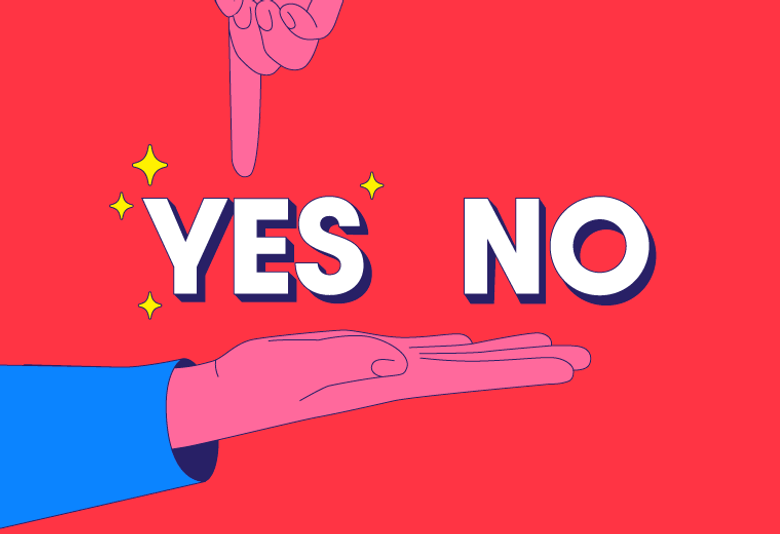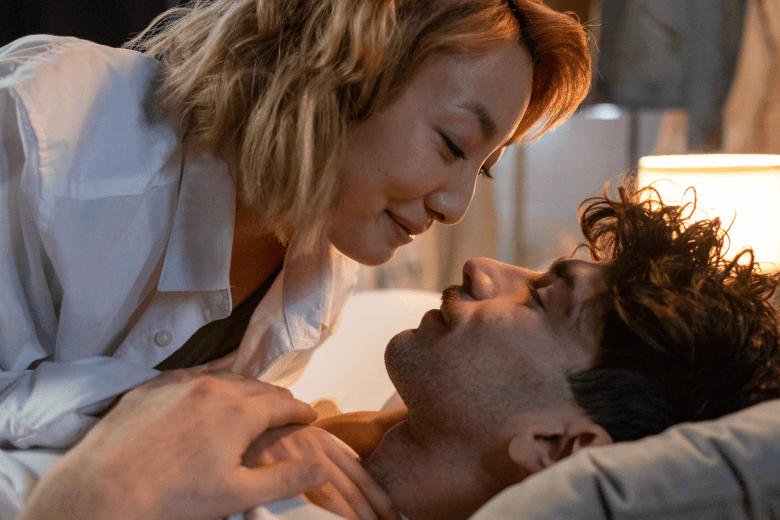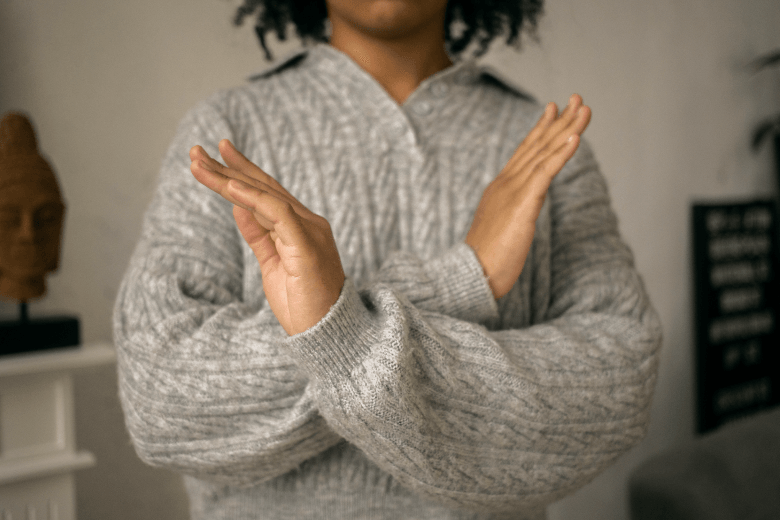What is sexual consent?
Consent is the act of knowingly and willingly agreeing to participate in sexual activity without the undue influence of any external force. Consent is extremely important in any healthy relationship. Recent feminist movements such as #MeToo have been instrumental in highlighting the voices of people who have experienced a violation of their consent. The key questions to consider around sexual consent are: (a) How do partners navigate consent?, and (b) Why is it so important?
What characterises consent?
Consent is always voluntary; it is never implied and should never be assumed. It is the sole decision of an individual on what feels right for themselves. Entering into a relationship does not mean that you have a right over your partner’s choices. Remember, consent is an ongoing process. Maybe your partner had consented to getting intimate at the beginning of the relationship, but has now changed their mind. This behaviour is extremely normal and healthy and needs to be respected at all costs. The key here is constant communication of one another’s preferences.
Why is consent important?
For any relationship to thrive, the opinions and boundaries of both people need to be respected. A violation of this could have severe and lifelong mental health repercussions. Importantly, the absence of consent can lead to domestic violence, rape or sexual assault. All of these are punishable by law.
How do you ask for consent?
Clear communication and talking about what is on your mind is the first step. Assuming that your partner wants the same thing as you do, without initiating a dialogue, is extremely unhealthy. It is always advisable to constantly check if you and your partner are on the same page. Asking questions like, “Does this feel okay?, “Do you also feel the same?”, “What is your opinion?”, would help in being sensitive to your partner’s choices. Positive responses can include, “Yes”, “I agree with this”, “I give my consent”, and “I want to go ahead.”
Is it a yes? What signs to look out for, while seeking consent?
An enthusiastic and clear “yes” is the most crucial one. Also consider the body language of your partner. Maybe they have verbally agreed, but their facial expressions say otherwise. . At this point, it’s important to trust your intuition and take a step back and reassure your partner that one doesn’t have to indulge in any act that feels forceful. What if one or both of you are intoxicated? In this scenario, the influence of drugs and/or alcohol prevents consent from being freely given.
Why do people agree when in reality they don’t want to consent?
Power dynamics play a huge role in shaping thought processes and influencing behaviours. For example, individuals who grew up in patriarchal households where they were taught to give into the demands of their partners are often submissive and struggle to say no. In most of these cases it takes a long time to learn, and also believe, that they are equal to their counterparts and have every right to individual choice and bodily autonomy.
What does the porn industry teach you about consent?
Nothing. In fact, the majortity of pornography reinforces harmful and unhealthy attitudes and behaviours about sex and consent. In a healthy sexual relationship, both partners openly communicate about what they feel comfortable doing and respect each others boundaries and choices. In porn, however, expressions of aggression, coercion and dominance are often reinforced and even glamorised. However, there are a number of ethical porn sites out there that are careful about prioritising consent.
A No is a No. Period.
Let us say it loud and clear, a ‘No’, means ‘No’. It clearly communicates, that the person doesn’t want to engage in any sexual act that you might want too. The feelings of your
partners need to be taken into consideration above all else. Pushing your partner to change their mind is a violation of their consent.
Overall, learning the intricacies of consent from a young age would go a long way in helping young adults grow up to be sensitive and understanding. This, in turn, would have a positive impact on their romantic relationships in the future.
Do you have something to share? Leave your comments below, contact us on our social media platforms: Facebook, Instagram, Twitter, YouTube and TikTok, send us an email to info@findmymethod.org. For more information on contraception, visit findmymethod.org.
About the author: Pragati Khabiya is an independent consultant from India, passionate about using the tools of communication, advocacy and facilitation to work for the development sector. She could only discover what she is passionate about after spending time volunteering and travelling by herself at remote organisations in India. She believes in the process of unlearning and likes to read/watch feminstic films and books.
Note: If you suffered an abusive situation, you might like to read our blog “Toolkit for self care after sexual violence”.


